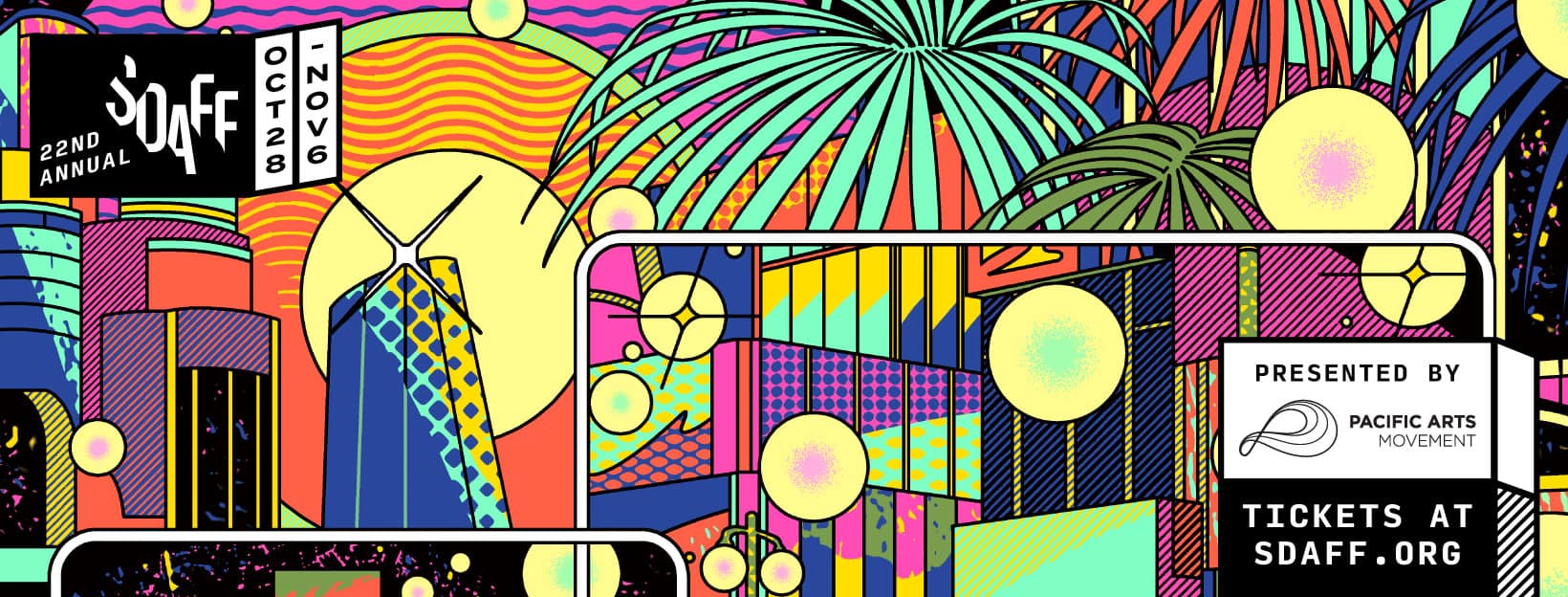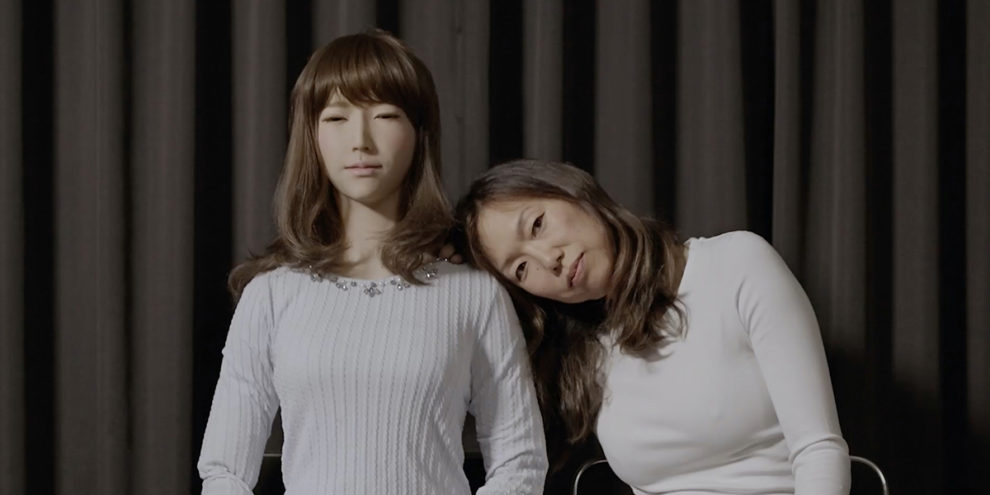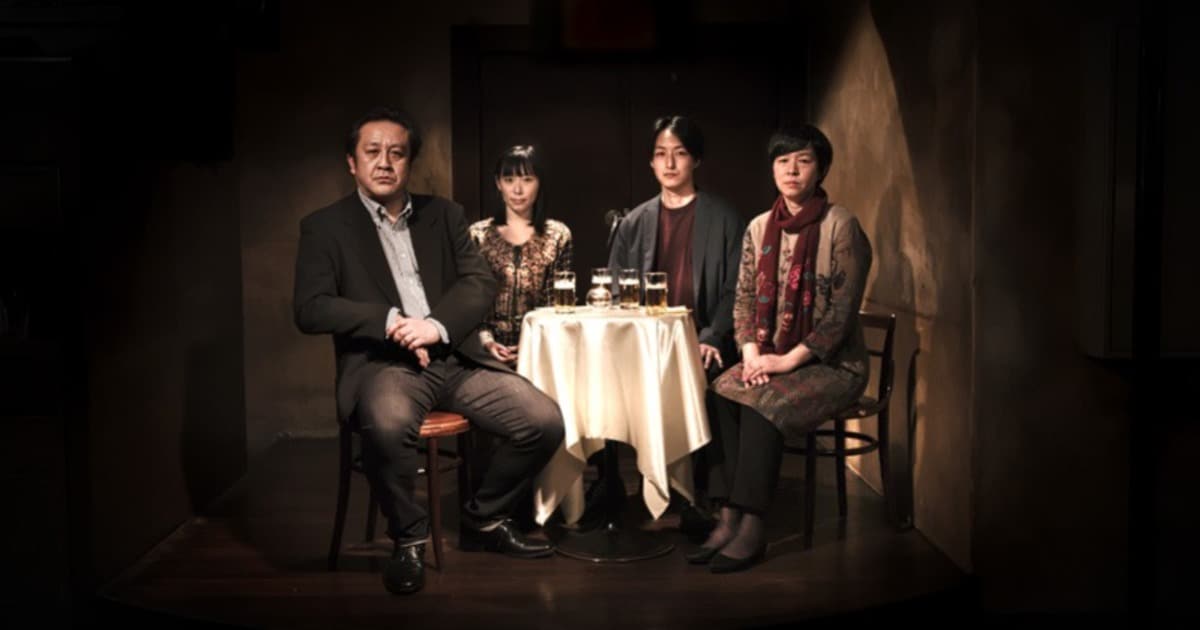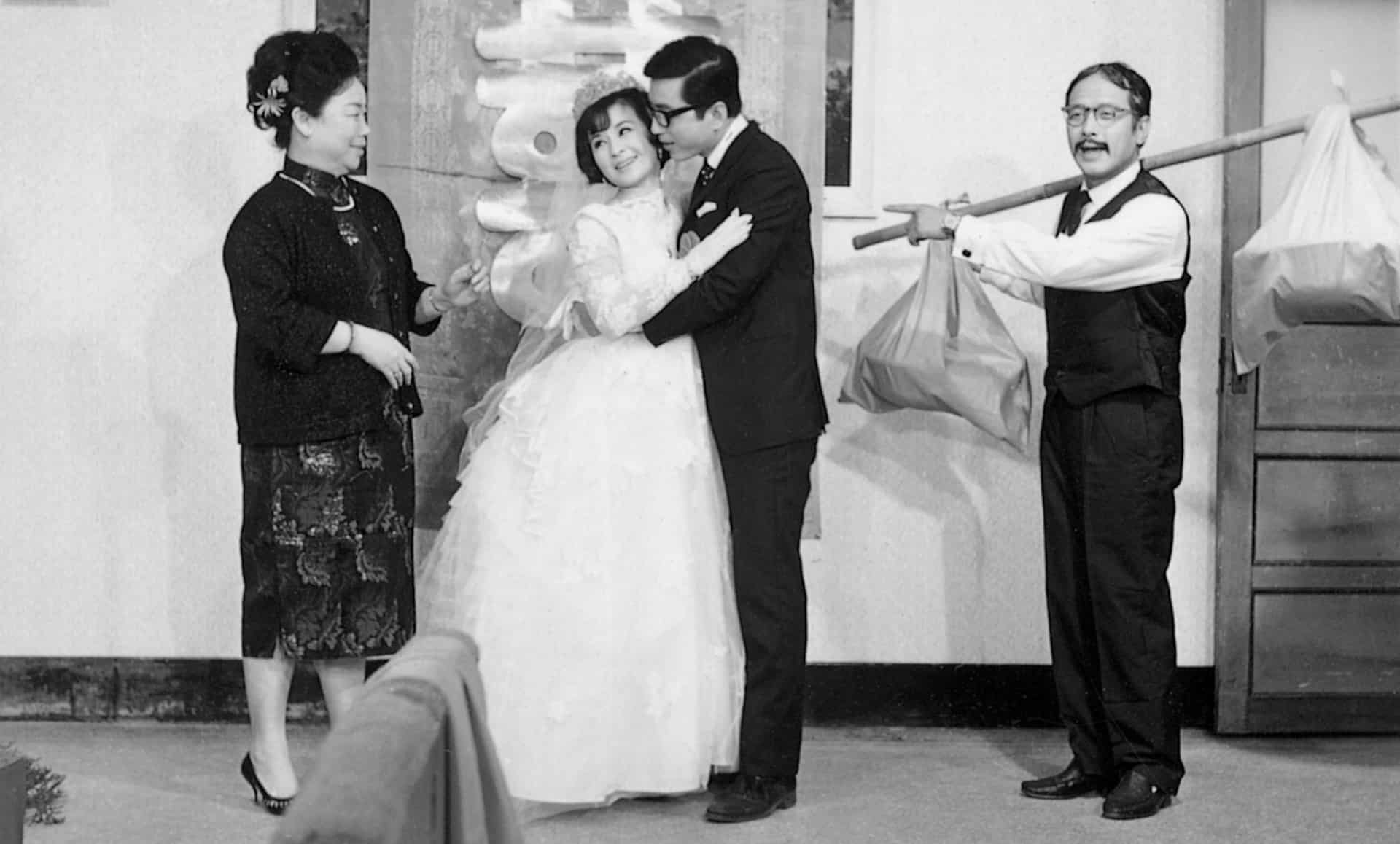In the last five years, documentaries about robots and AI seem to be everywhere. Some are about human vs. AI matches in the game of go, while others, about our addiction to algorithm-controlled social media, but what seems to connect all of them is the perennially unanswerable question “What makes us human?” Ann Shin's newest documentary “A.rtificial I.mmortality” tackles the same topic from the perspective of memory.
“A.rtificial I.mmortality” is screening at San Diego Asian Film Festival

At its core, “A.rtificial I.mmortality” is a semi-autobiographical essay-like documentary – an event in the director's immediate surroundings (in this case, her father's declining memory) pushes her to learn more about AI and the preservation of memory with the intention of preserving her own memory for her two daughters' sake. And in the process, she discovers something about the world and human nature.
The narrative (told in first person point of view) and presentation (part talking-heads interviews, part contrived pondering by the director herself) of the film follow this formula to such a degree, that anyone who has watched TV documentaries in the past can predict what will happen in every scene. As the documentary progresses, we see a bit more of Ann's childhood and hear some of the memories she has about her daughters, giving us a bit of respite from the endless cascade of specialist presenting us with differing views on robots, consciousness, and the human nature. We hear from transhumanist preachers, who want to transcend the biological state, scientists who use technology to create “sentient” and “human-like” robots, and a slew of humanists, who deny the possibility of human-like AI.
At a point, we even listen to a brief sermon by Avalokitesvara, a Japanese robopriest delivering a Buddhist sermon. Cold and clearly not understanding what she speaks about, the robot cannot be further from the bodhisattva of compassion it is named after. This, maybe, is what separates AI from us and why all quests for immortality through computer-generated avatars are doomed to fail. They might be able to memorise what a person say or even emulate him to a certain degree, but they will never be able to truly understand human thought, nor the fickle beauty of memory.
The movie also touches upon human nature and our desire for eternal life. We see this desire best personified in the rather vain alternative medicine guru Deepak Chopra and his AI avatar. Hearing him speak about himself and his legacy, we wouldn't be wrong to think that this desire for immortality is brought by nothing but the human ego and delusion for importance. It is maybe that which makes us human, the movie seems to hint at, but it never expands on.
For a personal movie that purports to deal with the nature of humanity, “A.rtificial I.mmortality” feels too stale and detached. Though we learn a bit about Ann, she never truly opens up to us, we never understand why she goes on this quest for knowledge. As a result, her quest feels more like that of a documentarian who covers a trendy topic than a mother and a daughter who wants to preserve the stories and legacy of her family. By the end, we realize that we've learned some new information, but haven't understood anything about the person behind the camera.















